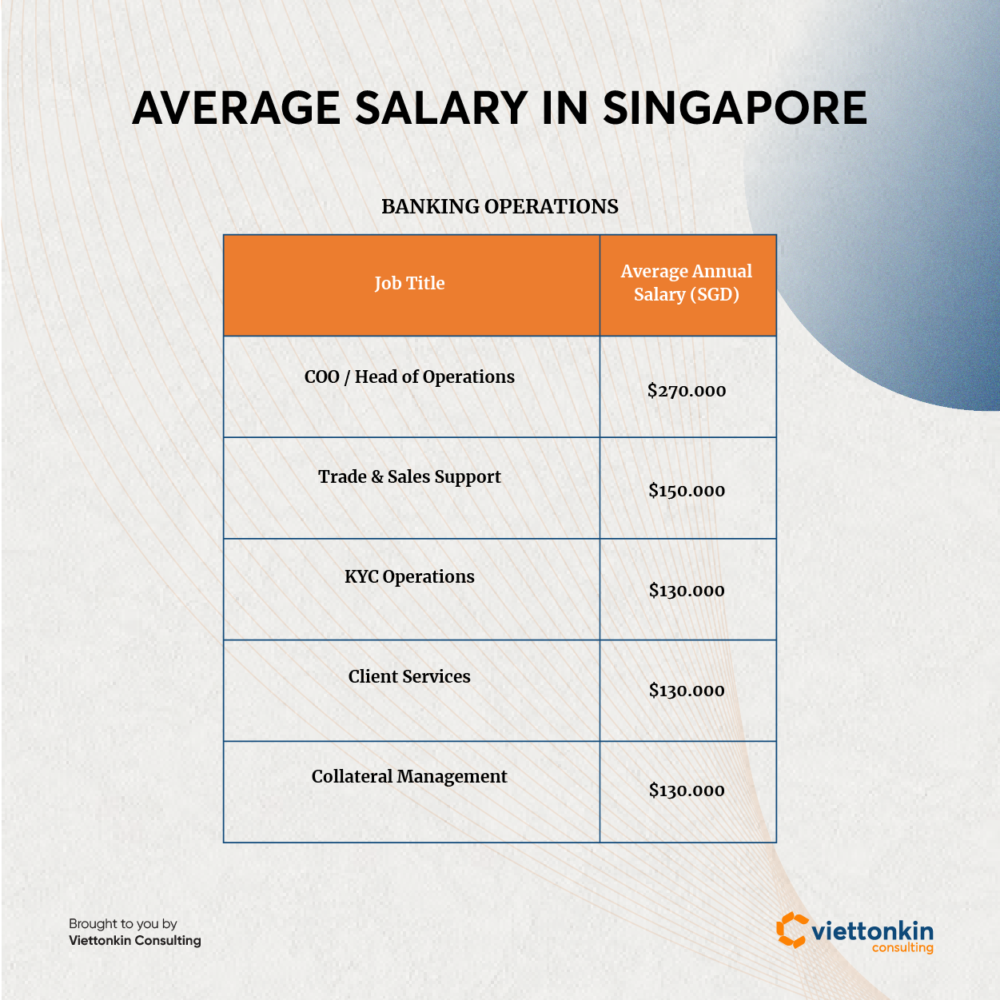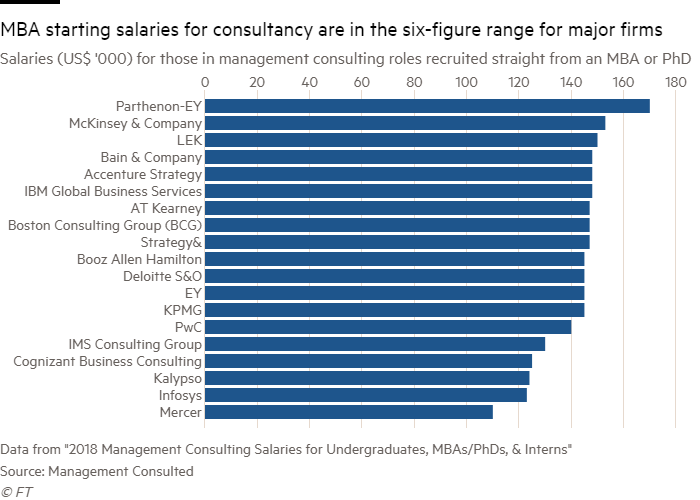
The CFP(r), or financial advisor certificate, can be a great way of starting a rewarding career. This rigorous certification process will give you the skills and knowledge to provide comprehensive advice to your clients, and help them plan for the future. You must complete two parts of the education program to become a CFP(r). First, you must earn a bachelor's degree.
CFP
The Certified Financial Planner (CFP) certification is a professional certification mark for financial advisors. It is issued by the Certified Financial Planner Board of Standards of America and more than 25 certification boards across the globe. CFP certifications are widely recognized and highly appreciated by clients and professionals in the financial industry. Financial planners seeking to give quality advice to clients need this certification.
To become a CFP, you should have a bachelor's degree and have worked for at least three years in a financial advisory role. You can also apply if you have had an apprenticeship or similar experience. Lastly, the exam is criterion-referenced, meaning you are not graded on a bell curve.

CFP certification requires that the holder has a deep understanding of all aspects of financial planning, including cash flow and tax planning. CFPs must always put clients' interests first.
Financial consultant chartered
Financial professionals will find the Chartered financial consultant certificate a valuable credential. It demonstrates the knowledge, expertise and ability to manage complex transactions. This certification is more attractive to potential employers as they are likely to earn more than their non-credentialed counterparts. A ChFC certificate may even grease the rails for promotion to management positions. The American College requires applicants to complete a course in order to earn a ChFC certification. The typical program consists of four courses and costs between $599 and $5400. Additional study materials can be purchased for an additional cost.
A wide range of financial planning services is available to Chartered financial consultants. These consultants are qualified to assist individuals and businesses with all aspects of investment planning. Their training program includes topics like retirement and tax planning, employee benefits, insurance, and estate planning. They have the greatest success with clients who are well-versed in investments.
Investment management analyst certified
CIMA certification (Certified Investment Management Analyst, Certified Investment Management Analyst) is an invaluable credential for financial professionals. It allows individuals working in the financial field to better show their qualifications to clients and employers. Getting the certification requires taking an educational program and passing a comprehensive exam. CIMA certifications are available online or in person.

CIMAs focus on strategic financial reporting and financial management. They bring vast knowledge to their work. They must also uphold high standards of ethics and provide character references. To find the right person for your financial needs, use the SmartAsset financial adviser matching tool.
CIMA certification can be used to show that you are an expert in investment management and financial risk. There are two sections to the exam: an essay section and a multiple-choice section.
FAQ
What is a consultant anyway?
A consultant is someone who provides services for other people. This is more than a job title. You help others achieve their goals. This involves helping them to understand their choices and making the right choices.
Consultants are skilled at solving problems and overcoming challenges that can arise during projects. They also provide advice and guidance on how to implement those solutions.
A consultant should be able to answer questions about anything related to business, technology, finance, law, management, leadership, strategy, operations, customer service, human resources, etc.
Can you run a business consulting from your home?
Absolutely! This is something that many consultants do already.
The majority of freelancers work remotely with tools like Skype. Many freelancers set up their own office space to avoid missing out on company perks.
Some freelancers prefer to work at libraries and cafes instead of traditional offices.
And others choose to work from home because they enjoy being surrounded by their children.
Working from home comes with its own pros and cons. It is worth it if you love your work.
How do I choose the right consultant?
There are three main factors to consider:
-
Experience - How skilled is the consultant? Are you a beginner or an expert? Is her resume a proof of her skills and knowledge?
-
Education - What did he/she learn in school? Did he/she continue to take relevant courses after graduation? Were there any evidences of this learning in his/her writing?
-
Personality - Do we like this person? Would you want this person to work for you?
-
These questions can help you determine whether the consultant is right for your needs. If there are no clear answers, then it might be worth an initial interview to learn more about the candidate.
How do I get clients to my consulting business?
First, find a subject you're passionate about. It can be anything you like, including public relations or social media. If not, you may have to start small by finding a niche market such as web design. Once you have found the niche market, you need to understand why it works. What problems can it solve? What problems can it solve? What are the benefits?
You could also approach businesses directly. Perhaps they are looking for someone who can help them understand SEO and content creation or just need advice on social media strategy.
If all else fails offer your services for free at networking events and conferences. You'll meet many potential customers without spending money on advertising, and you'll be able to show off your skills.
Which industries use consultants?
There are many types of consultants. Many consultants specialize in a particular type of business. Others may be more focused on multiple types.
Some consultants are limited to working for private corporations, while others can represent large corporations.
Some consultants are available to help businesses around the world.
How long does it take to become a consultant?
The amount of time needed depends on your industry and background. Most people start out with a few months before they find work.
However, some consultants spend several years honing their skills before finding work.
Statistics
- My 10 years of experience and 6-step program have helped over 20 clients boost their sales by an average of 33% in 6 months. (consultingsuccess.com)
- Over 62% of consultants were dissatisfied with their former jobs before starting their consulting business. (consultingsuccess.com)
- According to IBISWorld, revenues in the consulting industry will exceed $261 billion in 2020. (nerdwallet.com)
- "From there, I told them my rates were going up 25%, this is the new hourly rate, and every single one of them said 'done, fine.' (nerdwallet.com)
- On average, your program increases the sales team's performance by 33%. (consultingsuccess.com)
External Links
How To
How do I find a good consultant?
Knowing what you need from your consultant is the first step to finding a qualified consultant. Are you looking for them to improve the performance of your website? You may want them optimizing your site to rank higher for search engines. You might also want someone to help you determine if your hosting provider is in trouble. You should know the type of services that you require before you start looking at other companies. Many consultants claim that they can offer these services. But only a small percentage of them are able to deliver. How do I choose one? Here are some things that you need to keep in mind when selecting a consultant.
-
Get referrals. This is probably the best way to choose a consultant. Because you are likely to pay too much, you shouldn't hire someone who you have never heard of. You don't want to work alongside someone whose reputation hasn't been established. You're fortunate enough to receive referrals from people you trust. However, even if this is not possible, you might still be able check reviews online. Find testimonials and case study examples from customers who have used your product.
-
Ask around. Many people are unaware that hiring a consultant could make a difference. They think that since they're currently doing fine, they don't need to make changes. This is often not true. Even if your results are great, there's a good chance that you haven’t kept up with the latest trends and technologies. Relying on outdated methods will prevent you from maximizing your potential for growth. It is always worthwhile to ask around for recommendations of good consultants.
-
You should verify their qualifications. It doesn't matter if you are looking for a consultant to help you build a blog or launch a multimillion-dollar eCommerce site, you need to make sure they have the right skills to manage your project. You need to ensure that the person you hire is qualified to do the job and has sufficient knowledge in the subject.
-
Find out about the types of projects they specialize. You might think that everyone can handle all projects, but this is false. You may need to have specific training or education in certain areas. A developer who is a specialist in Drupal would not be able to help you build a WordPress theme. The same goes for graphic design, programming languages, etc. Ask the designer what kind of projects they have worked on in the past.
-
It is important to know what the charges are. As we said, you don't want to pay too much for a consultant. You also don't want too much. Consultants come in many sizes and shapes. While some consultants charge an hourly rate, others bill per project. This will help you save money in the long-term.
-
Learn what they offer. Are they available for free consultations Do they offer advice on setting up your system? Are they able to guarantee that your site will rank better after working with you? You can cancel the consultation without penalty if your opinion is not what you wanted.
-
Finally, find out if they offer discounts for multiple months or years. Many consultants offer discounts for longer periods. Although you do not have to commit to a year, it is possible to take advantage of any offers they may offer.